Nature reports
Publisher: Wageningen University & Research
Page 3 of 7 - 63 Results
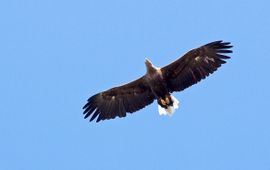
What are the negative consequences for birds of prey now that the number of wind turbines in the Netherlands is only increasing? And how can we prevent them? ..
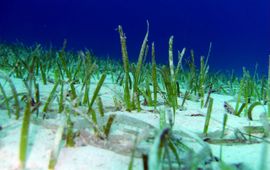
Seagrass: green leaves swaying in the currents. Fish weave their way through, and sea turtles graze. They’re always on their guard, watching out for any encroaching sharks. The seagrass’ roots are hidden in the seabed, where they..
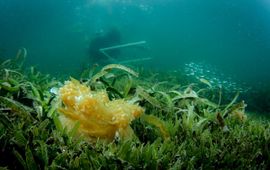
Researchers from Wageningen University & Research and the University of Amsterdam report on a fascinating case of competition between an animal and an invasive pIant. In tropical ecosystems, photosynthesizing organisms are..
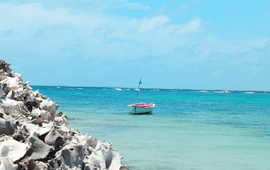
A study by Wageningen University and Research set up a series of design sessions, workshops and interviews to describe a vision for Bonaire in 2050. In this ‘nature inclusive vision’, measures to combat challenges for people in..
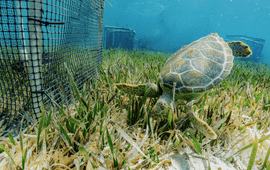
Many sea turtles live their adult lives in predator-free environments due to overfishing of their main predator, the tiger shark. Because of this, it is largely unknown how sharks impact turtle grazing behaviour. Wageningen..

Since 2018, Wageningen University & Research and Carmabi cooperate in bringing together historical and recent data on vegetation composition and plant species distribution on the six Dutch Caribbean islands. The collected data in..

Two new position papers presented to the Dutch Parliament, by the Dutch Caribbean Nature Alliance and Wageningen University and Research, emphasise the need for empowered park management organizations as well as the use of Nature..
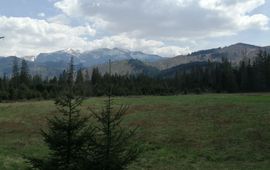
European forests are being increasingly affected by natural disturbances, a new ground-based observation study shows. An international team of forest scientists from Wageningen University & Research (WUR), the European Forest..
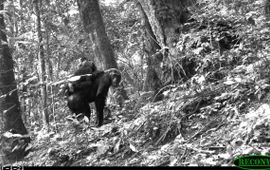
Most of us are active in the day and sleep at night. We favour daylight while darkness poses constraint. Animals too have to balance their use of time to their requirements and constraints: finding food, avoiding predators,..
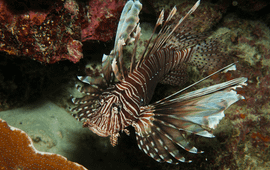
Research conducted by the Saba Bank Management Unit and Wageningen University and Research documented the third incidence of rapid lionfish population decline within the Western Atlantic since their introduction over thirty years..
